We reckon this must be so. Just look at the list of awards & accolades below!
Let us know if you know of another volunteer non-profit with that many awards.
Biosphere Expeditions has won the following awards (our definition of “award” is a process that requires an entry via an application form and where a winner is chosen on a competitive basis by a judging panel).

World Travel and Tourism Council Tourism For Tomorrow Awards: Finalist in the “Environment” category (international award scheme)

First Choice Responsible Tourism Awards: Winner of the “Best Volunteering Organisation” award (international award scheme based in the UK)

Skål International Sustainable Tourism Awards: Winner of the category “Countryside and wildlife” (international award scheme)
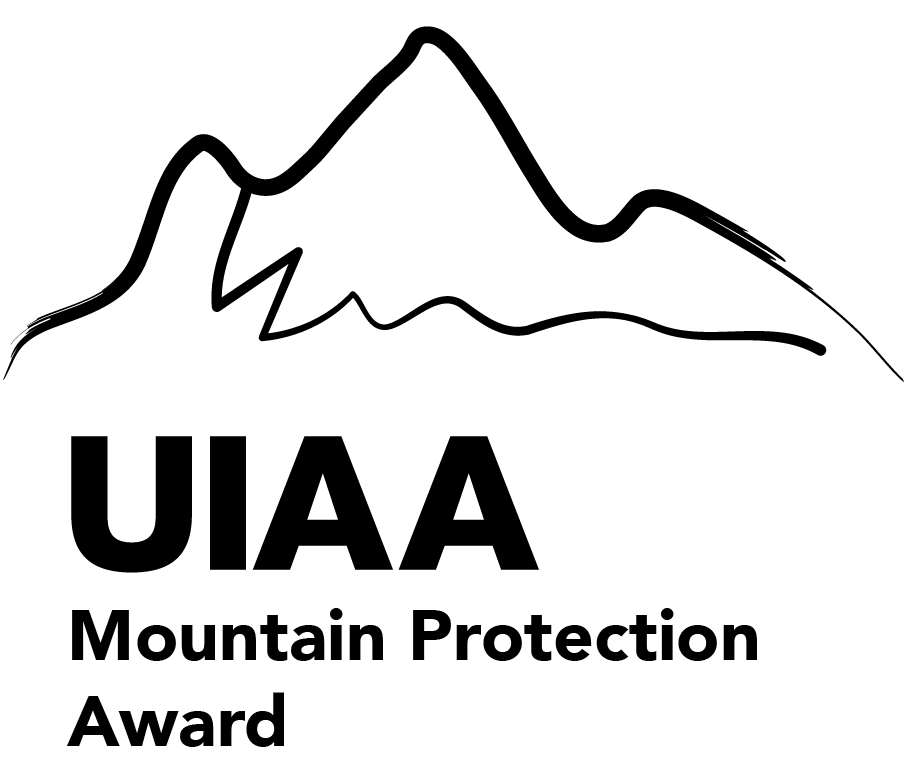
UIAA Mountain Protection Award: Winner of the category “Best Initiative” (international award scheme)
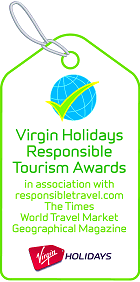
Virgin Holidays Responsible Tourism Awards: Highly commended in the categories “Best for Protection of Endangered Species” and “Best Volunteering Organisation” (international award scheme based in the UK)
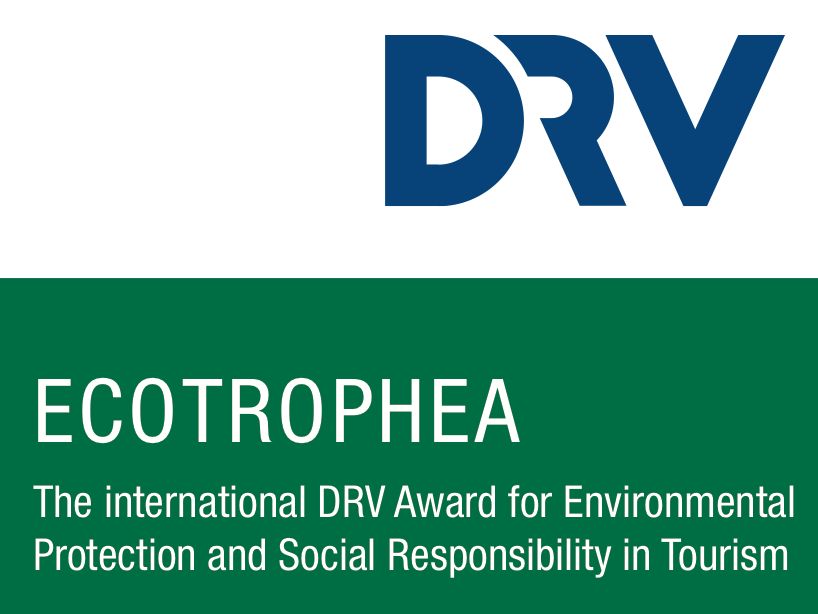
EcoTrophea: Finalist in the category “environmental protection and social responsibility in tourism” (international award scheme based in Germany)
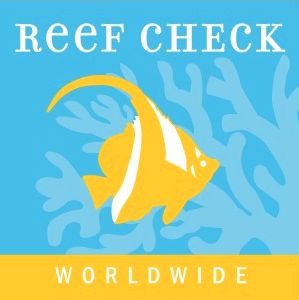
Reef Check Awards: Our executive director is made a “Hero of the Reef” for services to coral reef conservation worldwide (international award scheme based in the USA)

Best Volunteering Holidays Award: Award by Tripbase.com (international award scheme based in the USA)

Future 50 Award: Our Executive Director, Dr. Matthias Hammer, is named in the Future 50 class of “ones to watch” (UK award scheme based in Norfolk)

Best Practice and Environmental Excellence Award: From Greenstop.Net, who assess eco-friendly practices and responsible tourism (international award scheme based in the UK)

SealSkinz X-treme Award: Winner (UK award scheme)

Website Award from the publishers of the Encyclopedia Britannica
Biosphere Expeditions has also won the following accolades (our definition of “accolade” is a listing, usually through an editorial process, which does not require an application).

National Geographic “100 places that will change your life” accolade for Costa Rica expedition; National Geographic Adventurer “Best New Trip” accolade for Slovakia expedition.

“Top Wildlife Conservation Holiday” for Sumatra expedition; “Top Ten Conservation Holiday” for Altai expedition.

Our Tien Shan expedition is honoured on Condé Nast Traveller’s “Gold List” of “the world’s most extraordinary travel experiences”

Our Armenia expedition is honoured on Condé Nast Traveller’s list of “Ten of the world’s most admirable voluntourism trips that will actually make a difference”

“Best Adventure Outfitter” and “Best Save-the-Earth Trip” listings

“Best Volunteer Travel” for Namibia expedition

“Unforgettable Travel Adventure (Unvergessliches Reiseabenteuer)” for taster days and Honduras expedition

“Top Responsible Holiday” for Amazonia expedition

“Best Volunteer Dive Organisation” (international online magazine)

Biosphere Expeditions makes it on “The Go List” for “novel vacations”; “Trip of the Year” for Maldives expedition

“Best Trip that Offers a Way Back” for Malaysia expedition

“Great Humanitarian Travel Option” for Amazonia expedition

“Top 25 Wildlife Conservation Blogs” for our blog

“30 Great Escapes / Best Adventure Trips on the Planet” for Slovakia expedition; “Top Trips: Great small group adventure across the globe” for Arabia expedition.

“Best Holiday for Green-Minded Travellers” for experience days; “Top Ten Outdoor Pursuits” for Altai & Azores expeditions; “Best Desert Adventure Holiday” for Arabia expedition; “Best Activity and Adventure Break” for Musandam expedition; “Best Volunteer Career Break” for Brazil expedition; “Best for the Wild at Heart” for Slovakia expedition.

“Life-changing volunteering trip” for Tien Shan expedition
“Ten Best Wildlife Volunteering Holidays” for Oman expedition; “Ten Best Wildlife Holidays in Europe” for Azores expedition.

“Most satisfying trip of the year” for Altai expedition

“Top Holiday For Nature” listing in the category “Where can I do something for nature during my holidays?” (Wo kann man im Urlaub etwas für die Natur tun?)

“The 50 greatest wildlife holidays on Earth” for South Africa expedition; “Twenty of the world’s greatest adventures” for Brazil expedition; “50 amazing wildlife adventures” for Musandam expedition; “Top 10 rare wildlife encounters” for Azores expedition

“Best Volunteer Vacation” for Namibia expedition

“Ethical experience” for Sumatra expedition, “10 of the best conservation holidays” for Slovakia and Malaysia expeditions

“Top Ten Ethical Operators” listing for Biosphere Expeditions
“World’s most interesting (and conservation-focused) wildlife trips” listing for Arabia expedition
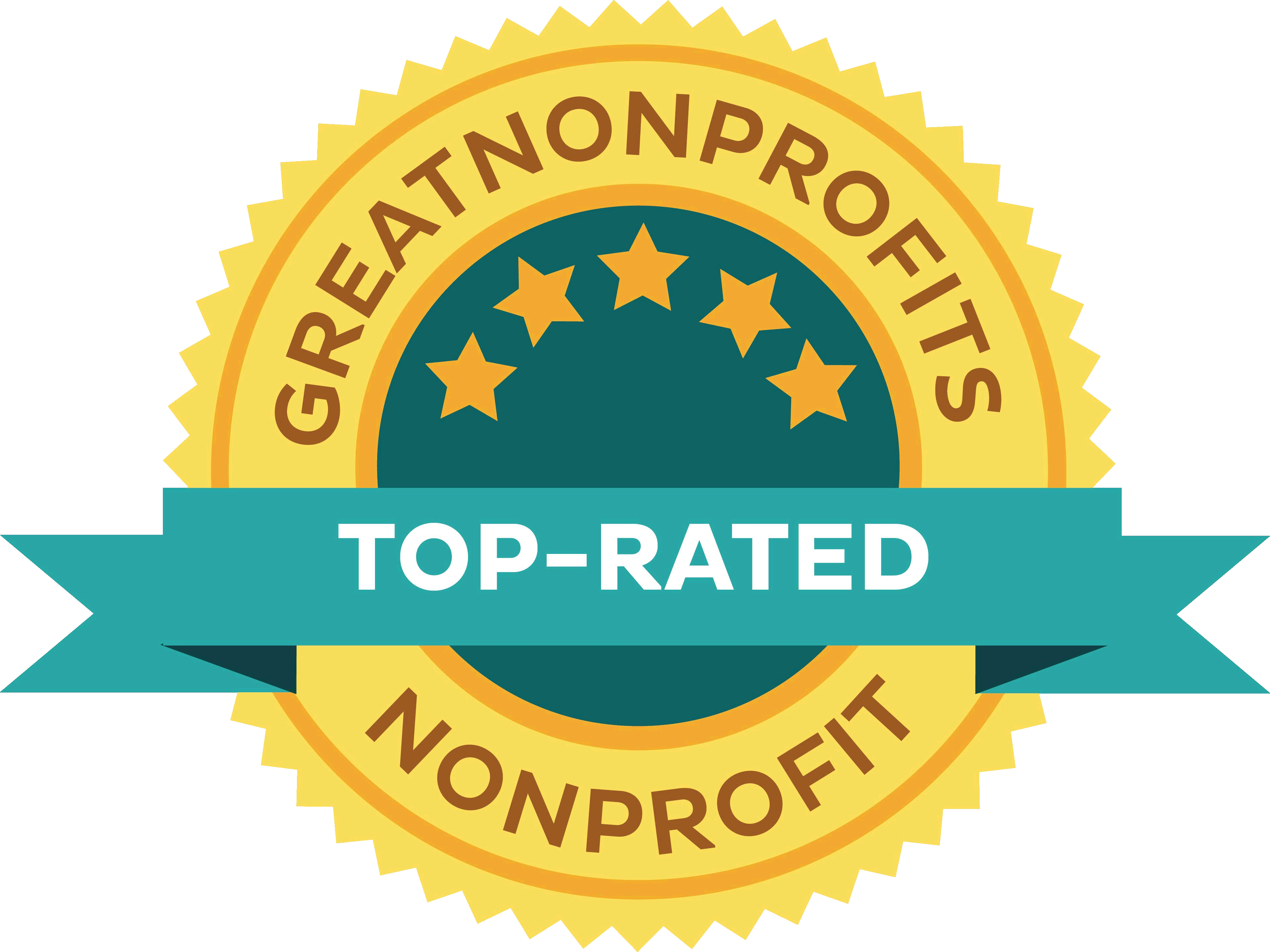
“Top Rated Noprofit” listing for Biosphere Expeditions by GreatNonprofits.org











